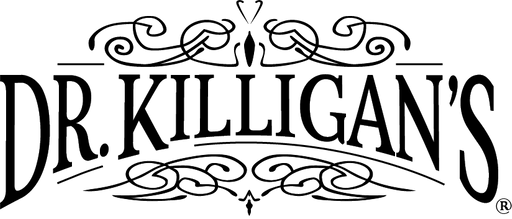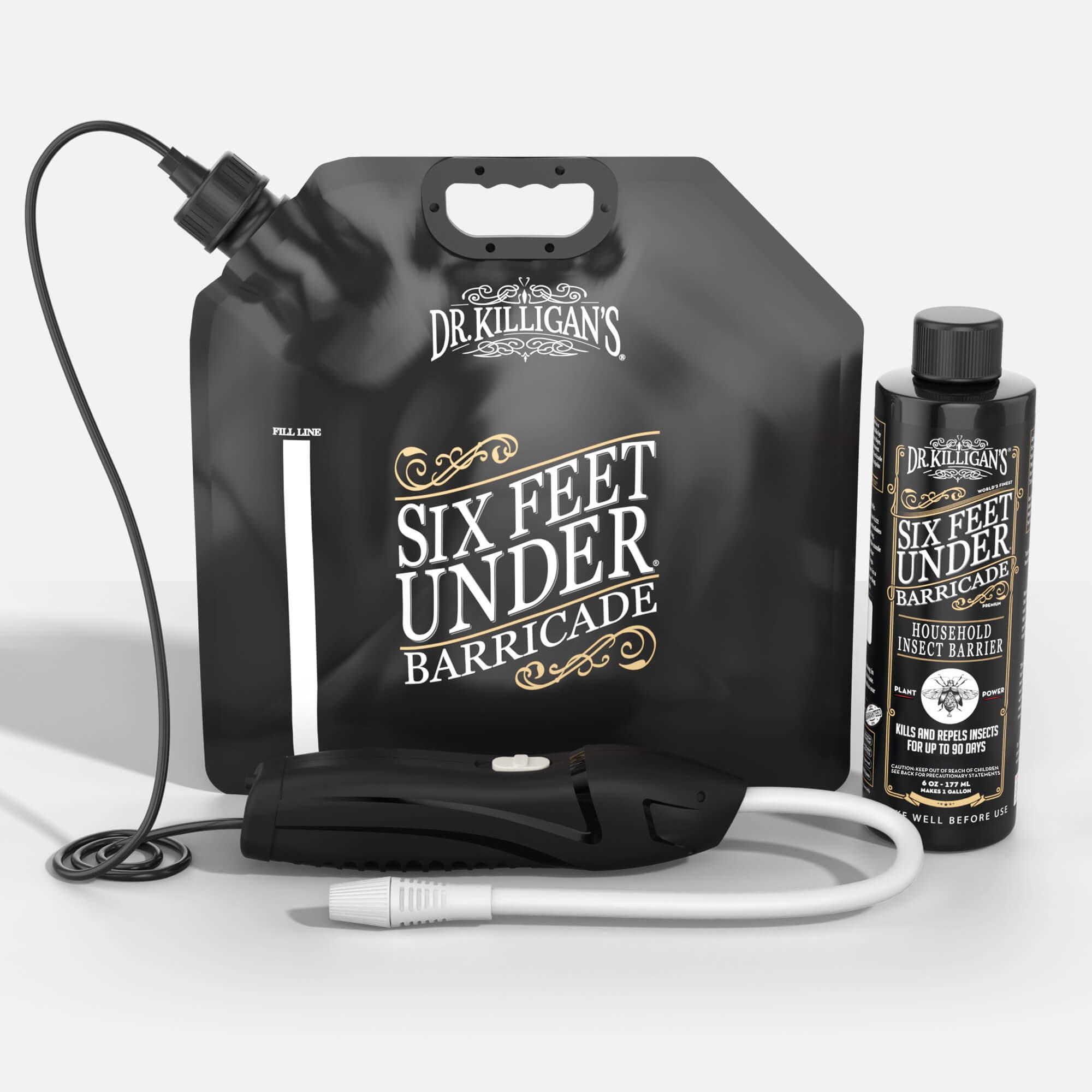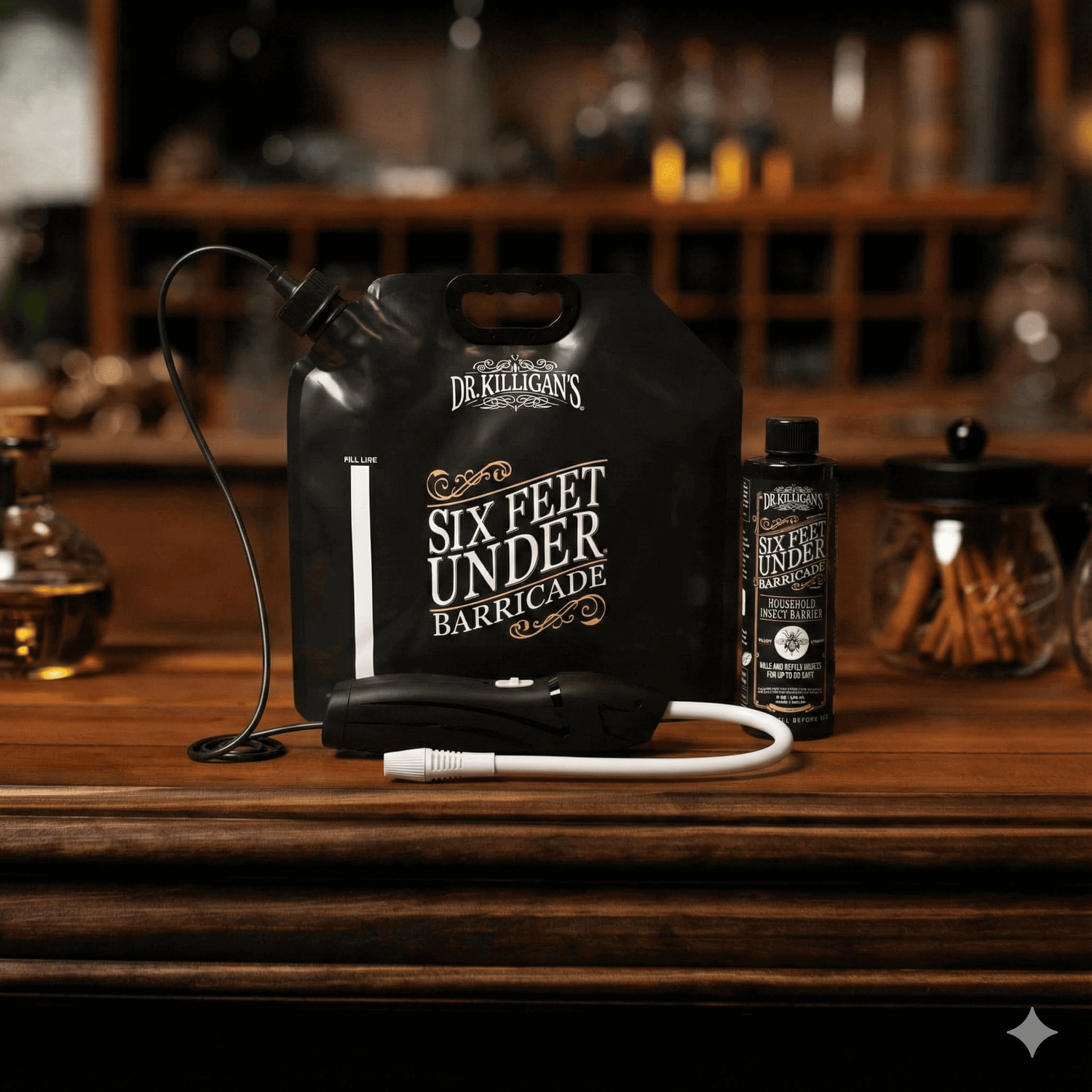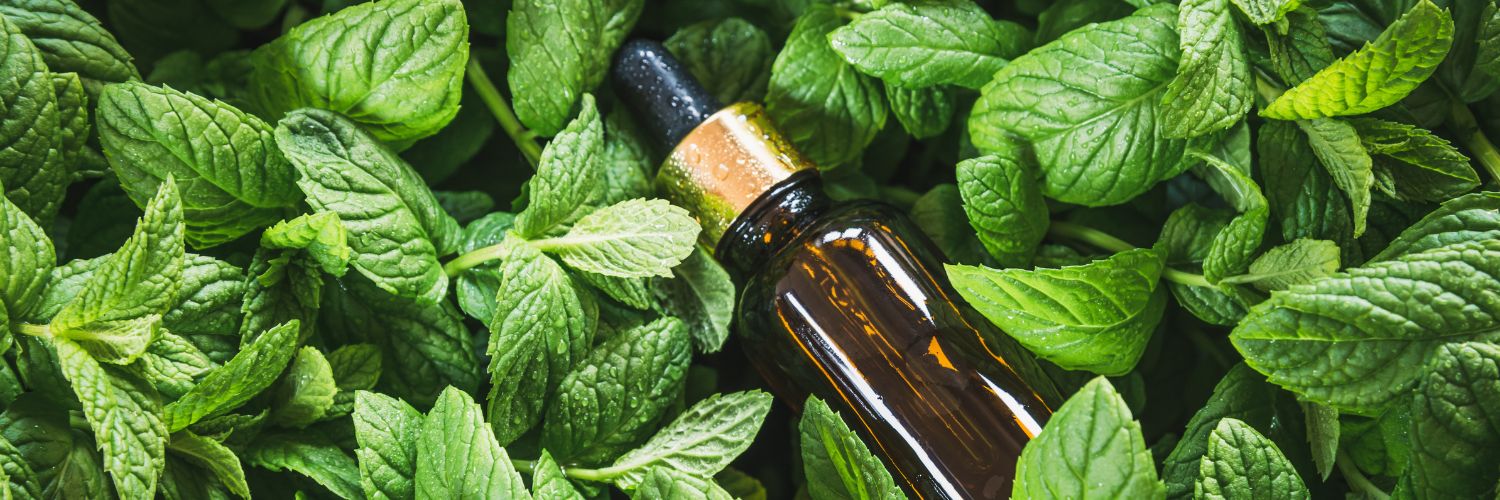When it comes to safeguarding your home against pests, the choices can often seem overwhelming. There are two primary avenues you can explore: mechanical control and chemical control.
But what do these terms mean, and which one is the best and most effective pest control for your situation? Let's delve into each approach so you can make an informed decision.
What is mechanical control?

Mechanical control refers to the use of physical devices or manual techniques to remove or deter pests. This method utilizes traps, barriers or other devices to either catch or repel the pest. From mouse traps to fly swatters and from Dr. Killigan's Cedar Planks to The Fly Inn, mechanical methods are straightforward in their application and offer immediate, tangible results.
Mechanical control methods are praised for their eco-friendliness and lack of chemical involvement, making them a preferred choice for those seeking the best pest control solutions without added chemical exposure. They are also generally easier to implement and manage.
What is chemical control?
- Chemical control entails the use of various chemical agents like pesticides. These chemicals often contain synthetic or toxic ingredients. While these methods can be highly effective, they expose homeowners, children and pets to potentially harmful substances. The risk is particularly high for households with young children or animals, as they might ingest or come into contact with residual chemicals.
- Chemical control methods can have longer-lasting harmful effects. Many synthetic pesticides are persistent, meaning they can linger in the environment for extended periods. This can lead to soil and water contamination, potentially harming other forms of wildlife and even entering the human food chain.
- The chemicals used in these methods can contribute to air pollution. When these chemicals evaporate or are carried away by wind, they add yet another environmental concern.

The cumulative effects of these factors pose a real concern for the well-being of not only your household but also the broader ecosystem.
In contrast, Dr. Killigan's offers pest control solutions that rely on mechanical methods that avoid the use of harmful toxic chemicals entirely. Our products are designed to be:
- safe
- effective
- environmentally friendly
By focusing on mechanical control methods, we ensure that you don't have to compromise your family's safety or environmental ethics for the most effective, best pest control. You can enjoy a pest-free living space while maintaining a health-conscious lifestyle.
Effectiveness of mechanical methods
Mechanical methods of pest control have been a trusted approach for centuries. These methods employ physical actions or barriers—such as luring pests into specially designed containers from which they can't escape.
The beauty of mechanical solutions lies in their straightforward and immediate action; there's no need for pests to ingest or come into contact with a toxic substance. Whether it's a tool that holds a non-toxic powder (The Insect Buster) or a pheromone-infused panel that attracts and captures pantry moths (Pantry Moth Traps), mechanical methods offer immediate and reliable results that chemical methods can't always match.
However, the effectiveness of mechanical methods isn't just about trapping the occasional intruder; it's also about ongoing management and sustainability. One of the major advantages of mechanical method solutions is that pests cannot build up a resistance to them, as they often do with chemical-based insecticides and pesticides.
Over time, pests can adapt to chemicals, making them less effective and requiring stronger, potentially more hazardous solutions. Mechanical methods sidestep this issue entirely by physically trapping or eliminating pests in a way they can't adapt to, thereby offering a lasting solution that maintains its effectiveness over time.
Chemical safety concerns
The safety aspect of chemical pest control methods is a pressing issue that leaves many homeowners unsettled. Traditional pesticides frequently contain harsh, synthetic chemicals that can pose health risks to humans and pets.

Exposure to these chemicals can lead to several health and environmental issues:
- Respiratory issues: Inhalation of chemical fumes can cause breathing difficulties and other respiratory problems.
- Potential contamination: These substances can contaminate food, posing a risk when ingested.
- Skin Irritations: Contact with these chemicals can lead to skin irritations and other dermatological issues.
These substances are not only harmful to living beings but can also be detrimental to the environment, affecting soil, water and air quality.
This creates a dilemma for health-conscious homeowners. While chemical pesticides may promise quick and effective results, the long-term health implications and environmental impact often make them an unsustainable choice. Consequently, it becomes essential to seek alternative, non-toxic solutions for pest control that do not compromise the safety of your family or the planet.
Conclusion
So there you have it, comprehensive solutions designed for the mindful homeowner who refuses to compromise. With Dr. Killigan’s range of products, you’re not just choosing the best pest control for efficacy; you’re also choosing safety, environmental responsibility and peace of mind.
Ready to take control of your pest problem in a safe and responsible way? Explore our full line of plant-powered, non-toxic insect control products. From mechanical traps to plant-based solutions, Dr. Killigan's offers everything you need to maintain a pest-free home while ensuring the health and safety of your family and pets.
Browse our website to discover more about our products and how they can help you achieve a cleaner, healthier living environment. Thank you for trusting Dr. Killigan's to keep your home pest-free in a responsible manner.
